Five Books to Read in November 2024
By Bartolomeo SalaA selection of the best stuff that’s published in the last 30 days or so.
THE QUESTION OF PALESTINE, Edward Said
Fitzcarraldo Editions, pp. 384
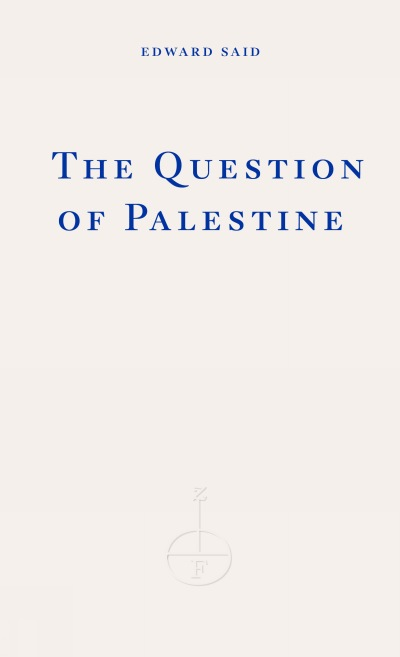
With the International Criminal Courts issuing arrest warrants for Israeli Prime Minister Benjamin Netanyahu and his former defence minister Yoav Gallant for alleged war crimes as I finish writing this column – it is important to understand how we ended up here.
Written in the wake of the Camp David accords – “a framework for peace” – in 1978, The Question of Palestine by Edward Said, newly republished by Fitzcarraldo Editions, is a continuation of Said’s most famous work of scholarship Orientalism. While The Question makes clear that the genocide happening right now was not inevitable, neither is it an aberration: Said explains how Zionism as an ideology and a Western outlook more generally has always seen the Palestinian people as less than human and their land an empty desert to be settled and civilised.
Impassioned and partisan, it’s required reading for anyone who feels impotent and confused and would like to know more about what has led to the atrocities of the past year.
IN THRALL, Jane DeLynn
Semiotexte, pp. 496
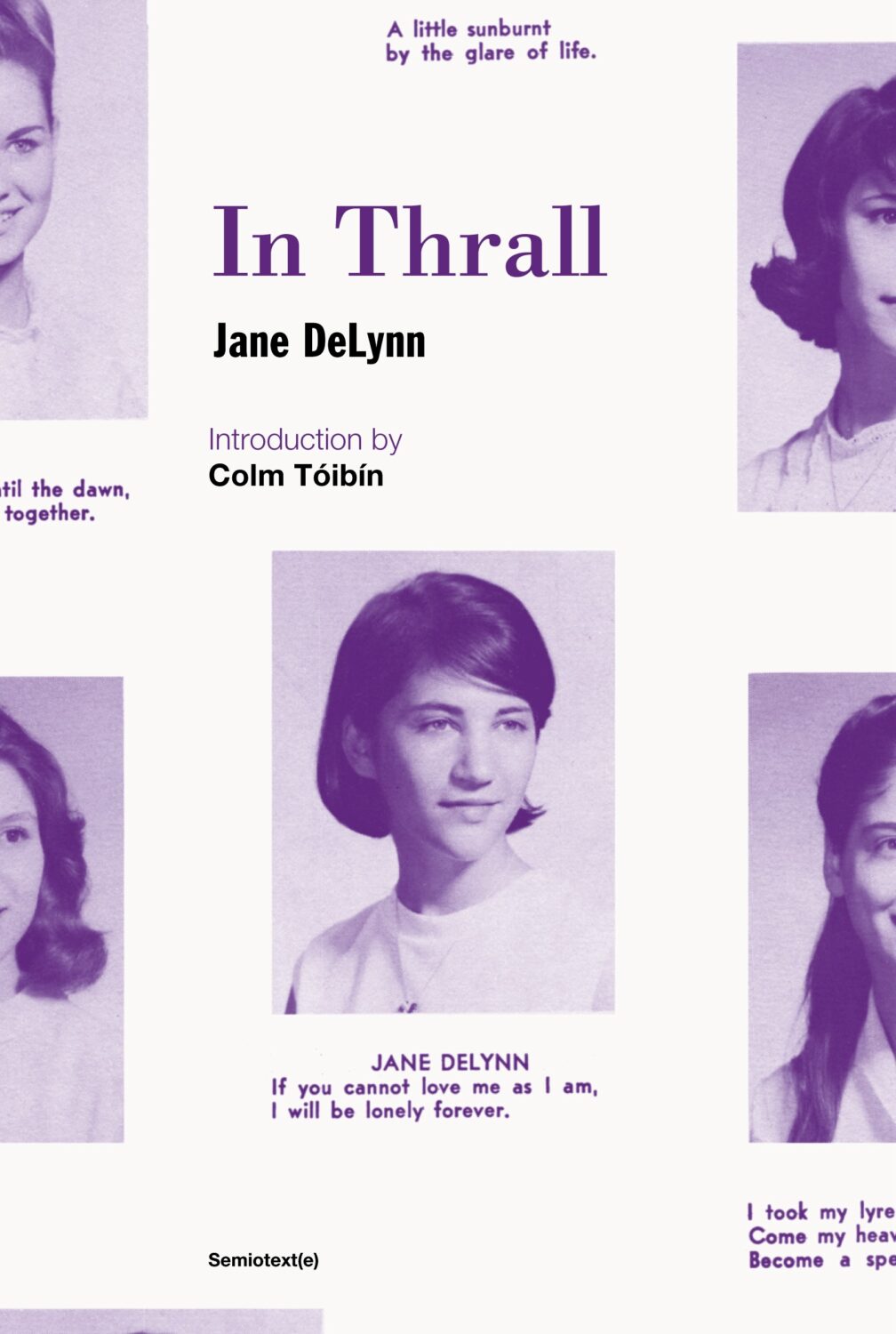
I was drawn to this title recently since it’s been reissued by the same publishers of I Love Dick by Chris Kraus – a book I loved. I’m glad I was because (some longueurs aside) this coming-of-age first published in 1982 recounting the queer affair between a 16-year-old Jewish girl too big for her boots and her 37-old English teacher is the real thing, hilarious and heart-breaking all at once.
Come for the moments of quasi-comical self-importance – such as when on an assignment the narrator compares herself to a tragic hero, owing to “an excess of intelligence that dooms [her] to unhappiness.” Stay for the romance, doomed from the start, and the explorations of queer desire.
MORNING AND EVENING, Jon Fosse
Fitzcarraldo Editions, pp. 100
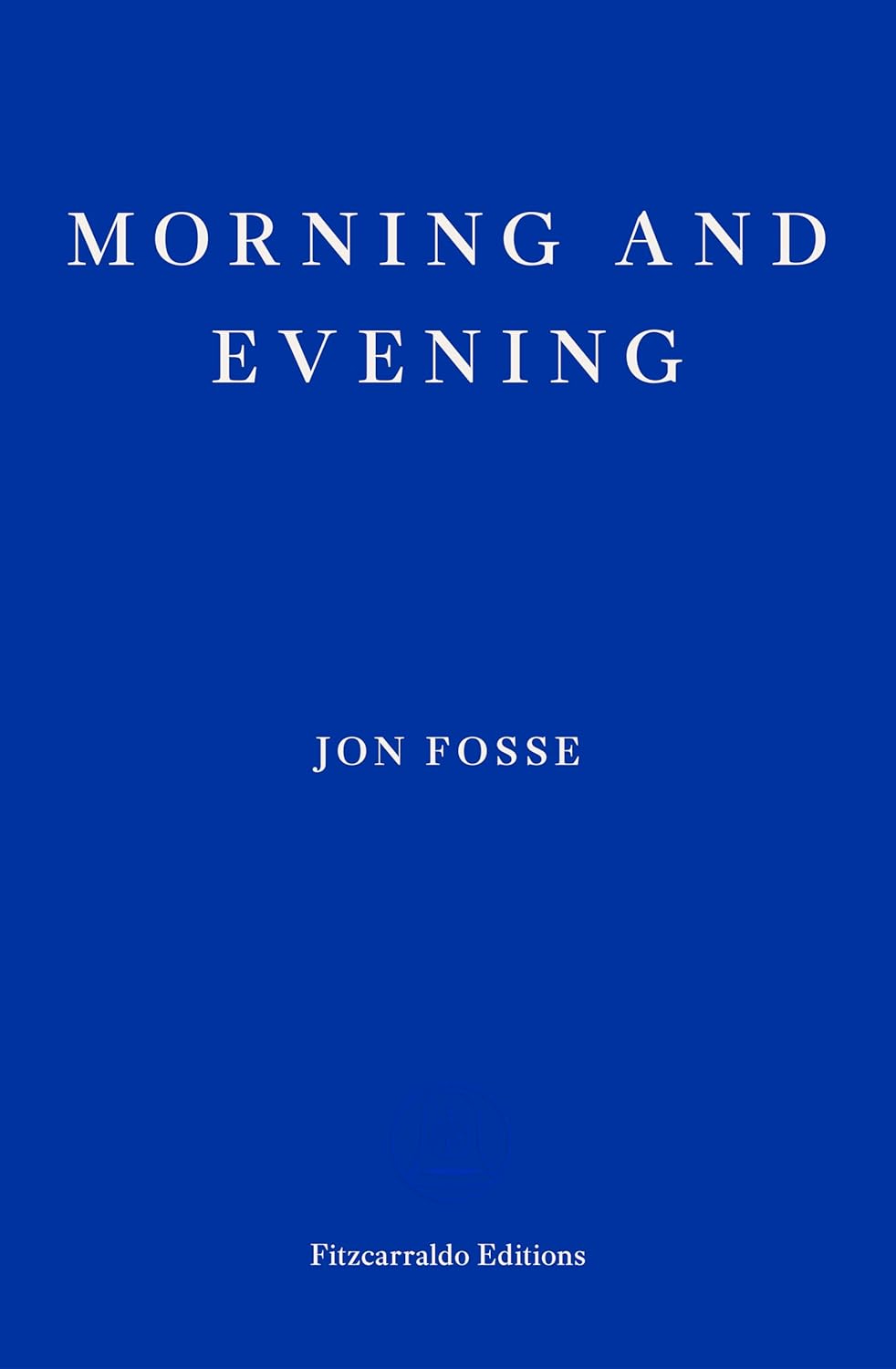
The last novella by Nobel laureate and Catholic convert to be translated into English by Fitzcarraldo, Morning & Evening follows the first and last day in the existence of Johannes, a retired fisherman living in a recondite part of Norway. That’s a rather a dry way to qualify a book in which the “unpunctuated” stream-of-consciousness style captures the cadence of the free flowing characters’ minds, but more importantly gestures toward of a narrative mode that embraces the fantastical and the ghostly – and asks the really important, unanswerable questions, such as what happens to us after we die.
Translated by Damion Searls.
THE COLLECTED SHORT STORIES OF ROBERTO BOLAÑO, Roberto Bolaño
Vintage Classics, pp. 752
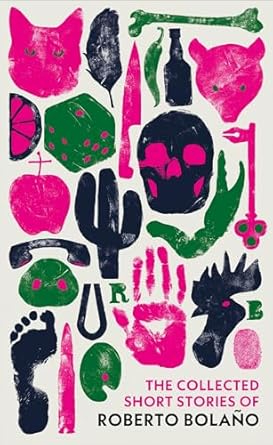
Listen, everyone of us has got that one writer that got them really reading and in my case – even if now I wouldn’t stand by some of his best-known works (I don’t think 2666 and Night By Chile will age well) – I wouldn’t be here writing this if it wasn’t for Roberto Bolaño.
The Savage Detectives, which Vintage also reissued with a brand new jacket earlier this year, is the perfect novel to read in your twenties, and the short story collections here collated into English for the first time have at least a dozen short stories that will be forever etched in your mind even if you are not necessarily a fan of sentimental, hardboiled men crying over their past.
I can think of no better book for a road trip through South America.
Translated by Chris Andrews.
THE ENDLESS REFRAIN: Memory, Nostalgia, and the Threat to New Music, David Rowell
Melville House, pp. 272
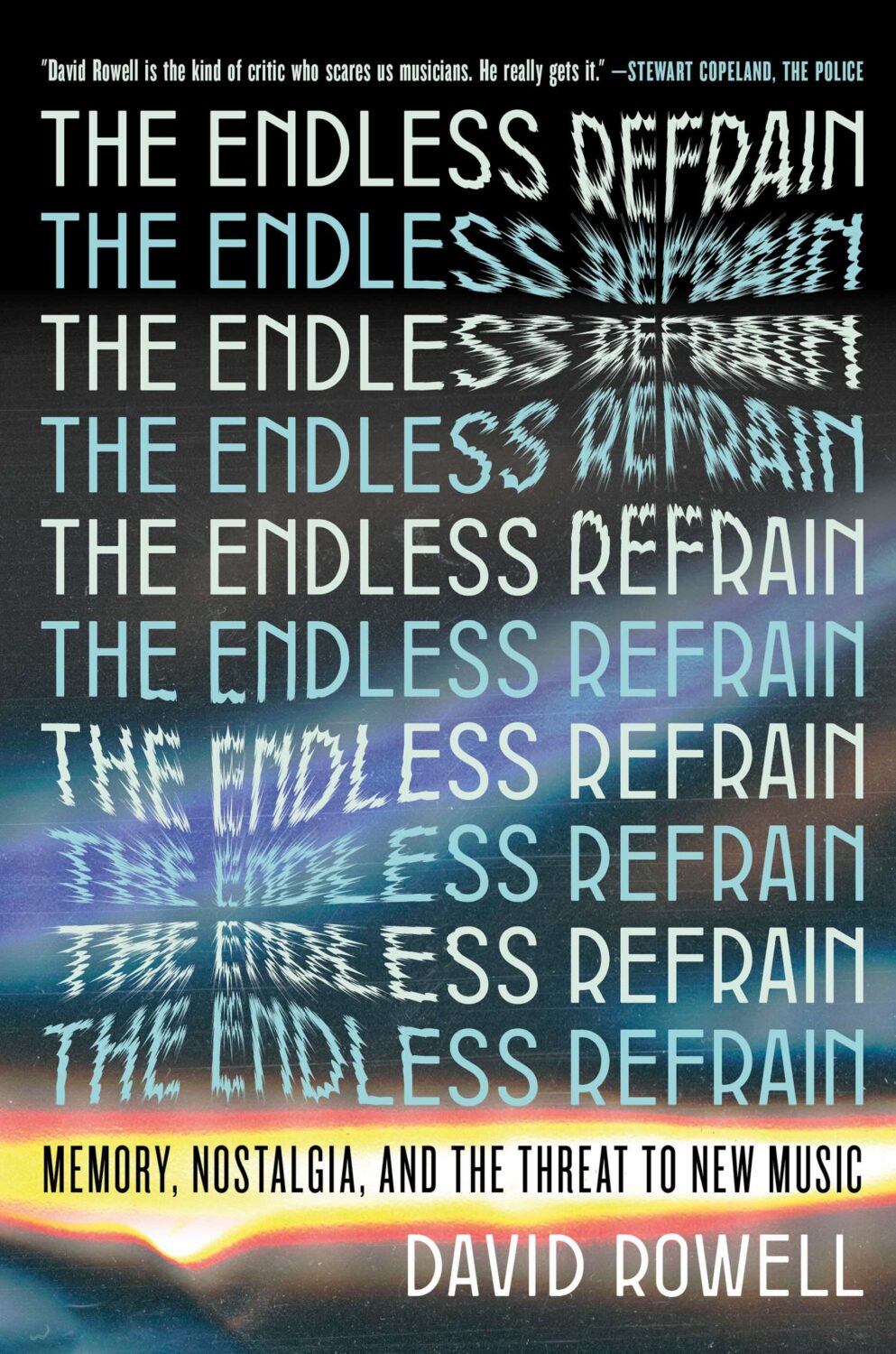
Ever had the feeling of living through one endless cultural loop? Ironically, this feeling itself is not particularly new as evinced by recent classics of cultural criticism such as Simon Reynolds’ Retromania and Mark Fisher’s own writings about nostalgia masked as novelty contained in Ghosts of My Life.
More personal, on-the-ground reportage than systemic tract, The Endless Refrain by former Washington Post writer and editor David Rowell runs the risk of feeling a tad anecdotal at times (focusing primarily on rock/pop music feels like a fraught choice). However, in its own impassioned way, the book shows how, when it comes to music, we have not merely come to like the old in new clothes, but forsaken the new altogether, and how this – as much as having to do with our cultural moment – is due to the architecture of the music industry, and the patterns of production and consumption it fosters.
Bartolomeo Sala is a writer and reader based in London. His writing has appeared in Frieze, Vittles, and The Brooklyn Rail.
Header image courtesy of Melville House.